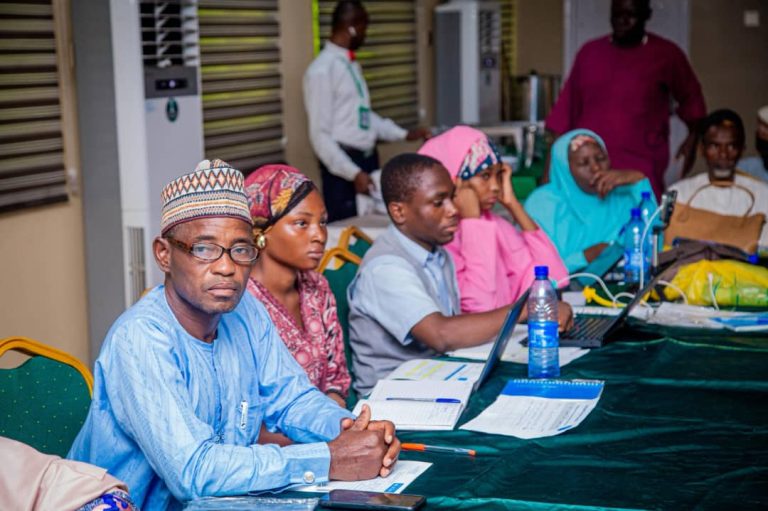In a renewed push to protect young girls from a deadly but preventable disease, the Sokoto State Government has intensified its campaign to roll out the Human Papilloma Virus (HPV) vaccine across the state—bringing hope to thousands of families.
The expanded effort, backed by UNICEF and the Canadian government, focuses on vaccinating girls between the ages of 9 and 14, a crucial age group for preventing cervical cancer, which remains one of the leading causes of cancer-related deaths among women in Nigeria.
At a high-level stakeholders’ meeting held in Sokoto on Tuesday, health experts, community and religious leaders, and youth advocates from key local government areas came together to review progress and chart new ways to reach more girls—especially in areas where uptake remains low.
Dr. Danjuma Nehemiah, a Health Specialist with UNICEF in Sokoto, highlighted the importance of acting early.
“This vaccine saves lives,” he said. “When we reach girls before they’re exposed to HPV, we are protecting them from a future where cervical cancer could cut their lives short.”
As part of the campaign, young people are being trained and mobilized to spread the word in their communities. These youth champions play a key role in breaking down myths, addressing fears, and encouraging parents to vaccinate their daughters.
The HPV vaccine has been available in Nigeria since 2022 and is now part of the national routine immunization schedule. In Sokoto, health officials say it’s free and accessible at health facilities across the state.
Dr. Bilyaminu Yari Sifawa, Director of Disease Control and Immunization at the Sokoto State Primary Healthcare Development Agency, said last year’s campaign achieved remarkable progress.
“With the help of religious and traditional leaders, more families are seeing the value of the vaccine,” he said. “We want every girl in Sokoto to have a chance at a healthy future, free from cervical cancer.”
The meeting ended with renewed commitments to public awareness, stronger community engagement, and youth-driven advocacy—ensuring that no girl is left behind.
By investing in prevention today, Sokoto State is not just fighting cervical cancer—it’s building a future where every girl can grow up healthy, strong, and full of possibilities.
By Usman Mohammed Binji


